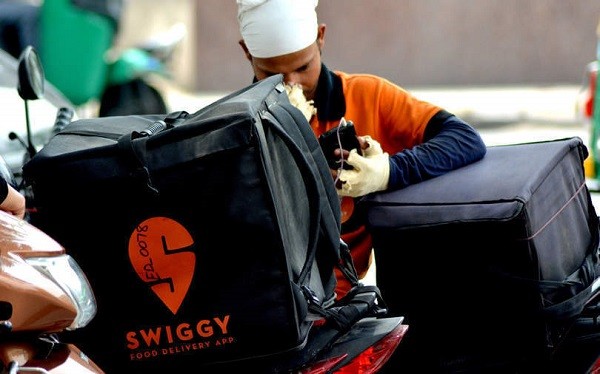Our Terms & Conditions | Our Privacy Policy
Swiggy Flags Concerns Over India’s Competition Law
Swiggy raised concerns about India’s competition law and “any adverse application or interpretation of the Competition Act” in its Draft Red Herring Prospectus (DRHP) report. This comes at a time when the Department for Promotion of Industry and Internal Trade (DPIIT) has raised concerns about quick commerce platforms to the Competition Commission of India (CCI).
What is the Competition Act?
The Act governs commercial competition in India and aims to prevent activities that have an adverse effect on competition. According to the report, “any agreement among competitors which directly or indirectly involves the determination of purchase or sale prices, limits or controls production, supply, markets, technical development, investment, or provision of services, shares the market or source of production or provision of services in any manner by way of allocation of geographical area, type of goods or services, or number of consumers in the relevant market or in any other similar way or directly or indirectly results in bid-rigging or collusive bidding is presumed to have an appreciable adverse effect on competition.” The law also prohibits abuse of a dominant position by any enterprise.
Swiggy spoke about the impact of the law on its business. “The Competition Act aims to, among other things, prohibit all agreements and transactions, which may have an appreciable adverse effect on the market,” said the company. The interpretation of the Act to any merger, amalgamation, or acquisition by Swiggy can affect its business, financial condition, and operations results. Furthermore, any future CCI enforcement proceedings can also affect Swiggy’s business. This also includes any adverse publicity generated due to scrutiny or prosecution by the CCI.
Quick commerce under fire
Earlier in September, the quick commerce sector was under fire following a complaint filed by the All India Consumer Products Distributors Federation (AICPDF) via the DPIIT. The complaint outlined concerns like how quick-commerce entities are engaging in anti-competitive marketing strategies and allegedly signing exclusive agreements with certain suppliers. This provided specific vendors with an unfair advantage and enabled them to dominate the market. Other concerns in the complaint included entities’ practice of running an inventory-based model and violating existing FDI norms.
Furthermore, the AICPDF also argued that dark stores were a way to bypass FDI norms. It also alleged that quick commerce entities partake in predatory pricing and deep discounting, affecting the competitive landscape. Quick commerce platforms like Swiggy allegedly have concerning labour practices like putting employees on a third-party payroll.
Swiggy’s legal battle against CCI
At present, Swiggy is involved in legal proceedings initiated by the National Restaurant Association of India (NRAI) with the CCI at the Karnataka High Court. In that case, the NRAI has alleged that the aggregator company engaged in anticompetitive practices like bundling of services, data masking, and exorbitant commissions
Advertisements
In May, Swiggy petitioned the Court against the CCI order that gave NRAI access to an investigation report with confidential information about its business practices. The report contained information, collected by the CCI, to investigate Swiggy (and Zomato) for anti-competitive practices. According to Swiggy, NRAI’s access to such sensitive information was “arbitrary” and could harm its business.
Also Read:
Images are for reference only.Images and contents gathered automatic from google or 3rd party sources.All rights on the images and contents are with their legal original owners.



Comments are closed.